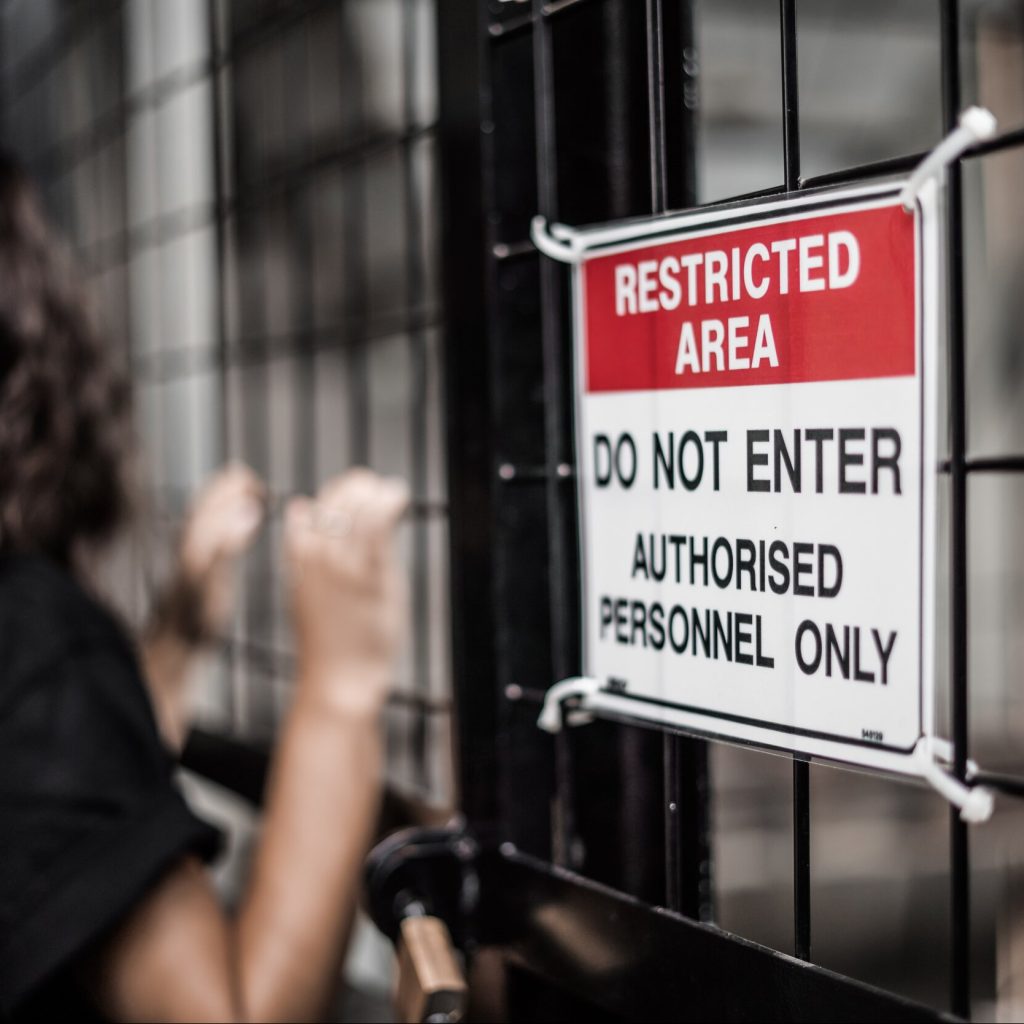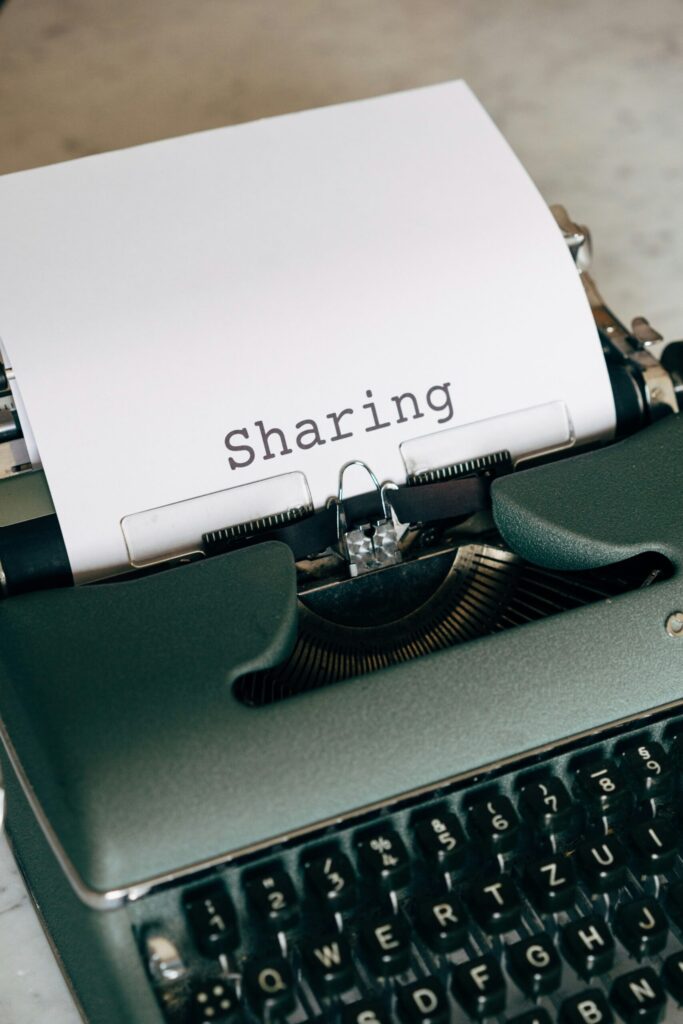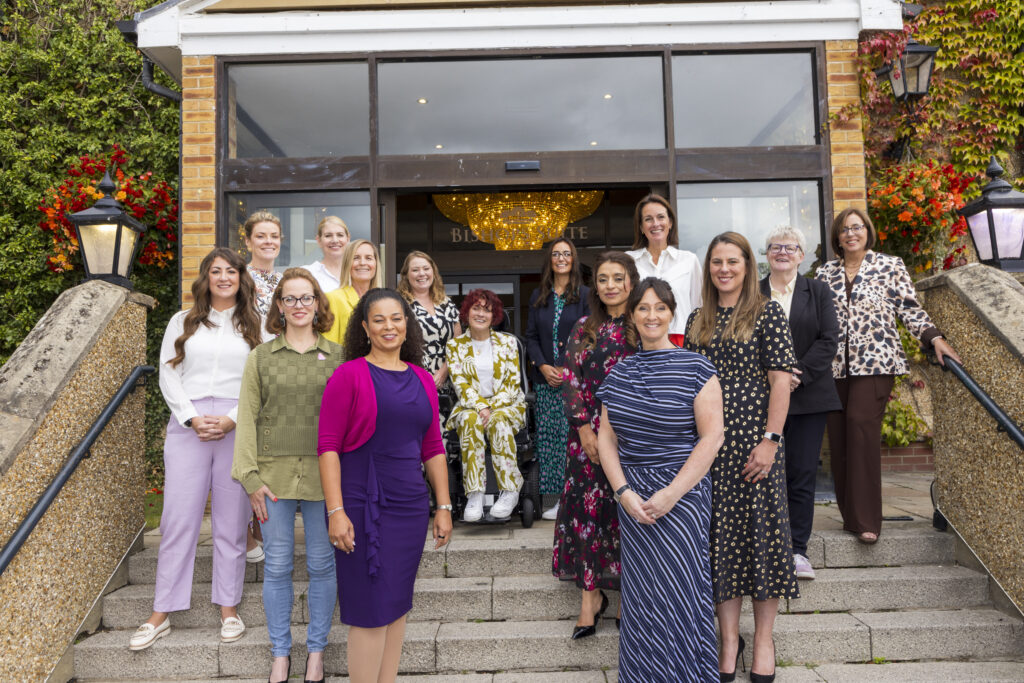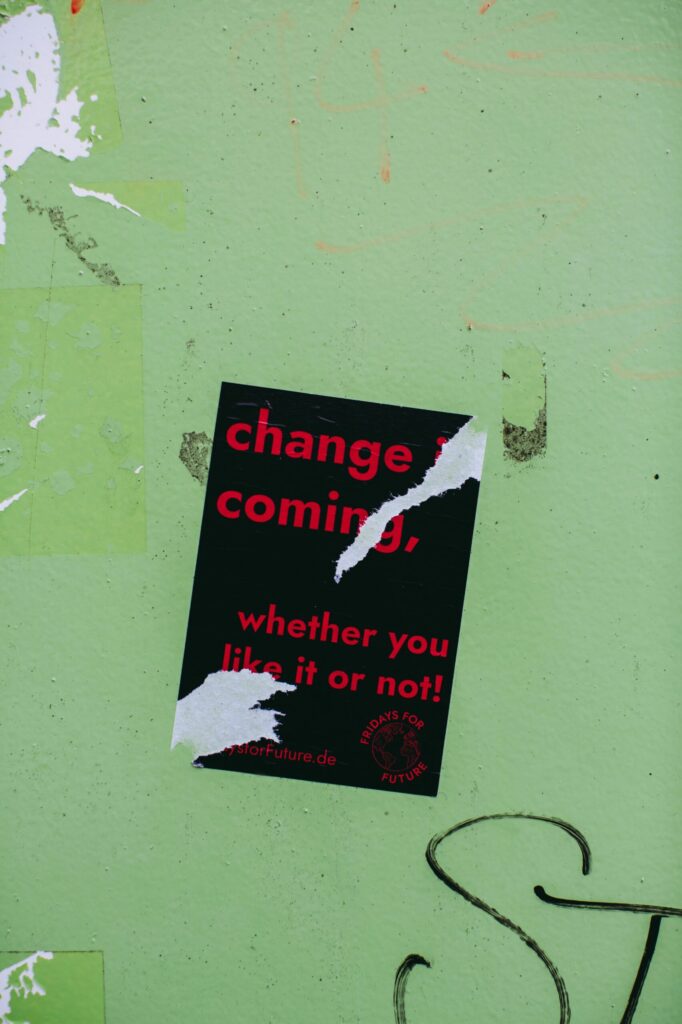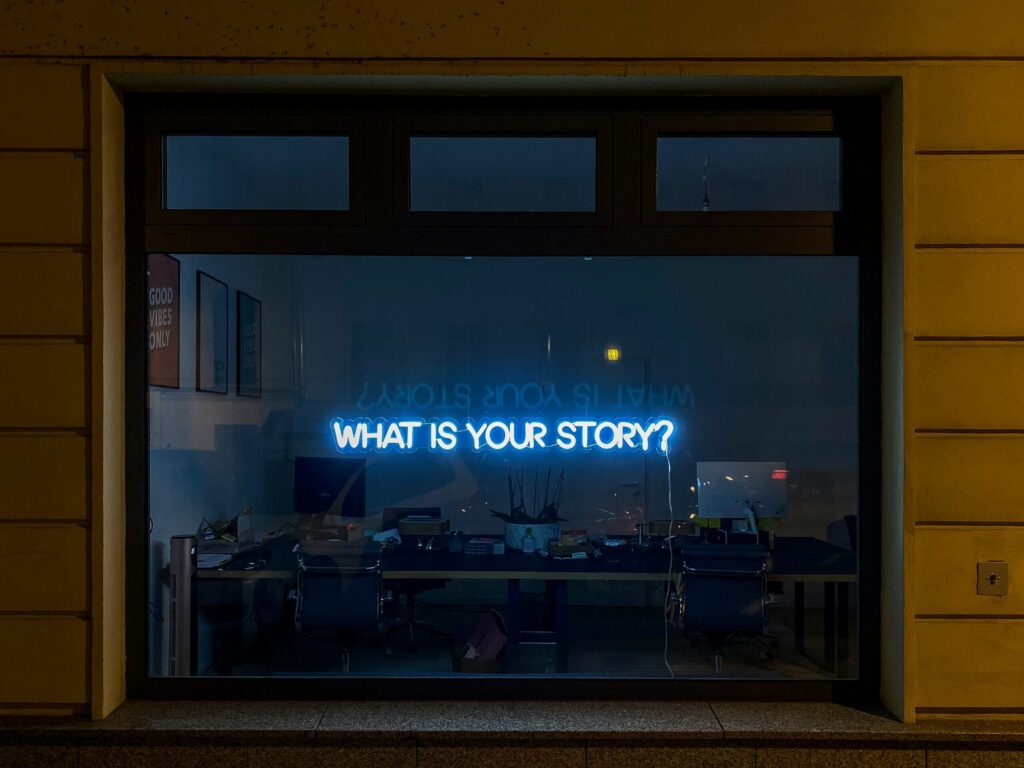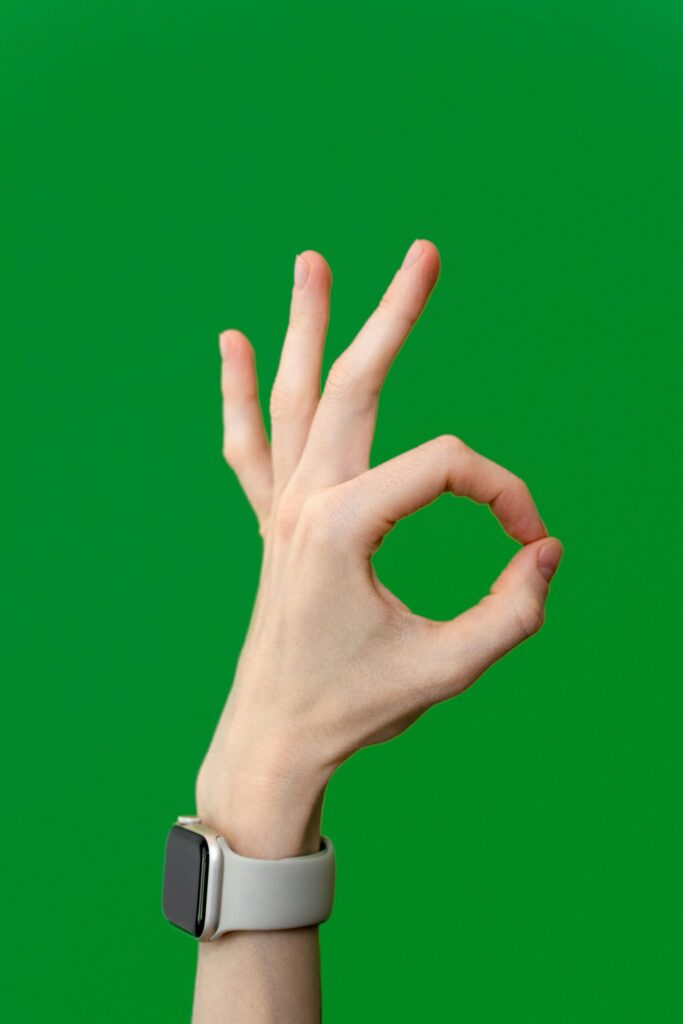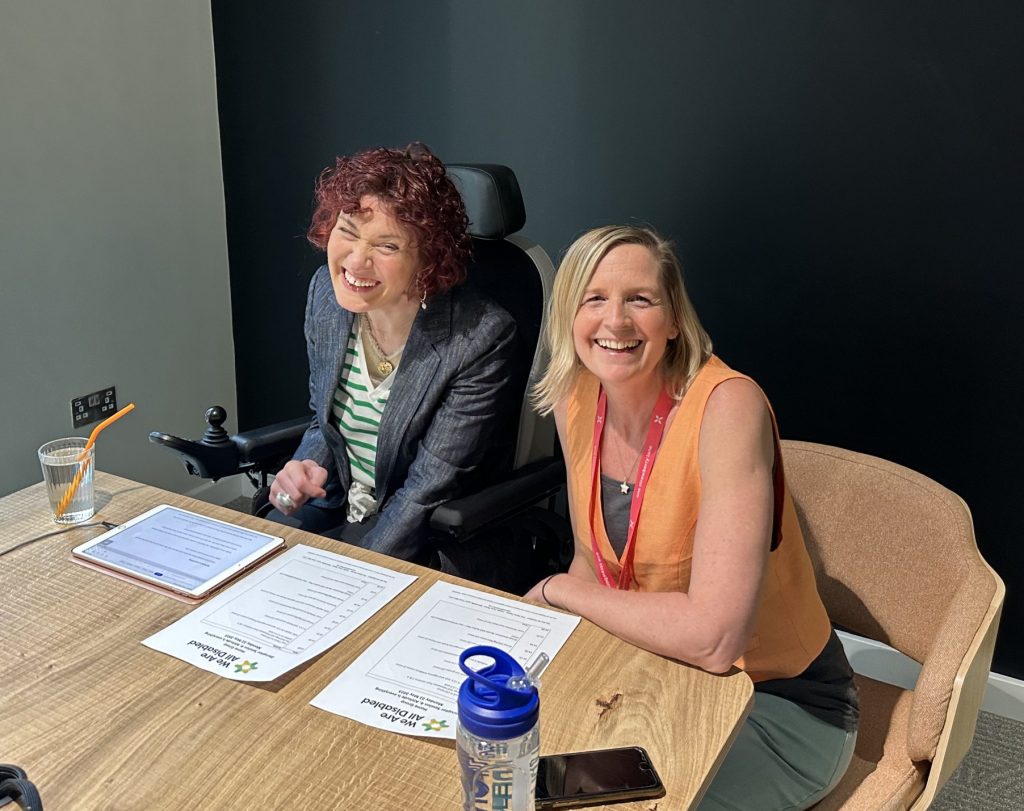Now that lockdown is easing we are faced with the challenges of adjusting to yet another new ‘normality’. Non-essential shops are open again, small social gatherings can take place and from tomorrow many restaurants and bars will be back in business.
For months we have all been experiencing the challenges and frustrations of government-imposed lockdown. But now, there could be the perception for some that everybody will be able to resume normal life.
As we begin to move forward, some of us will start to forget how restrictive life has been, while for others life will remain the same. People with underlying health conditions and those who live with them will need to remain extremely vigilant and their freedom will continue to be considerably restricted.
In addition, many elderly people and those shielding have remained alone and behind closed doors for months and feel terrified of venturing out into the world again. It is becoming increasingly evident that the pandemic is having a huge impact on mental health which we are yet to fully see or understand.
For me and other disabled people being marginalised from society was our reality before lockdown and life could prove to be even more challenging as the COVID situation requires additional restrictions to be put in place.
For example, when out and about wheelchair users, such as myself, will face challenges when manoeuvring around people whilst trying to socially distance. Also wearing face masks creates issues for the deaf community because they will be unable to lip read and for blind people and for those with limited vision social distancing is challenging.
In terms of travel, many disabled people require assistance from members of staff at airports or train stations. Due to increasing cut backs and staff shortages this is often very difficult to arrange and it is likely that this will be even more challenging to manage whilst social distancing measures remain in place.
easyTravelseat conducted a global survey to investigate the concerns disabled people have about the risks of flying at the moment. The main findings of the survey were that 1 in 3 disabled people said they will not travel by air until a vaccine becomes available for COVID-19. Only 38% of disabled people said that they may still travel; some of their concerns included being in close proximity to people in a confined space and not being able to socially distance from people in the airport and on the plane. See the full survey here.
However there are also some positives for disabled people in the current situation: social distancing measures mean that most bars, restaurants and other social spaces will become more accessible for wheelchair users and there is more space in supermarkets, shops and on public transport.
Also, as I mentioned in my post ‘Technology and the working from home revolution’, there are many more opportunities now for people to work from home and advances in technology provide increasing employment opportunities for disabled people.
For me, I have found lockdown relatively straightforward to cope with because I’m used to being restricted, but I also know people who have really struggled and are very eager to resume their normal lives. Personally, I’m looking forward to getting back into society but I am also cautious. I am aware that Cerebral Palsy is in the higher risk NHS category and I have added complications with protecting my PA’s too, so I will need to continue to be very careful.
What is your own personal approach to the easing of lockdown? Are you keen to get back into society or are you being more cautious? If so why?
Do you think there will be any long term effects either positive or negative for yourself and for society in general?
Photo byKelli McClintockonUnsplash
